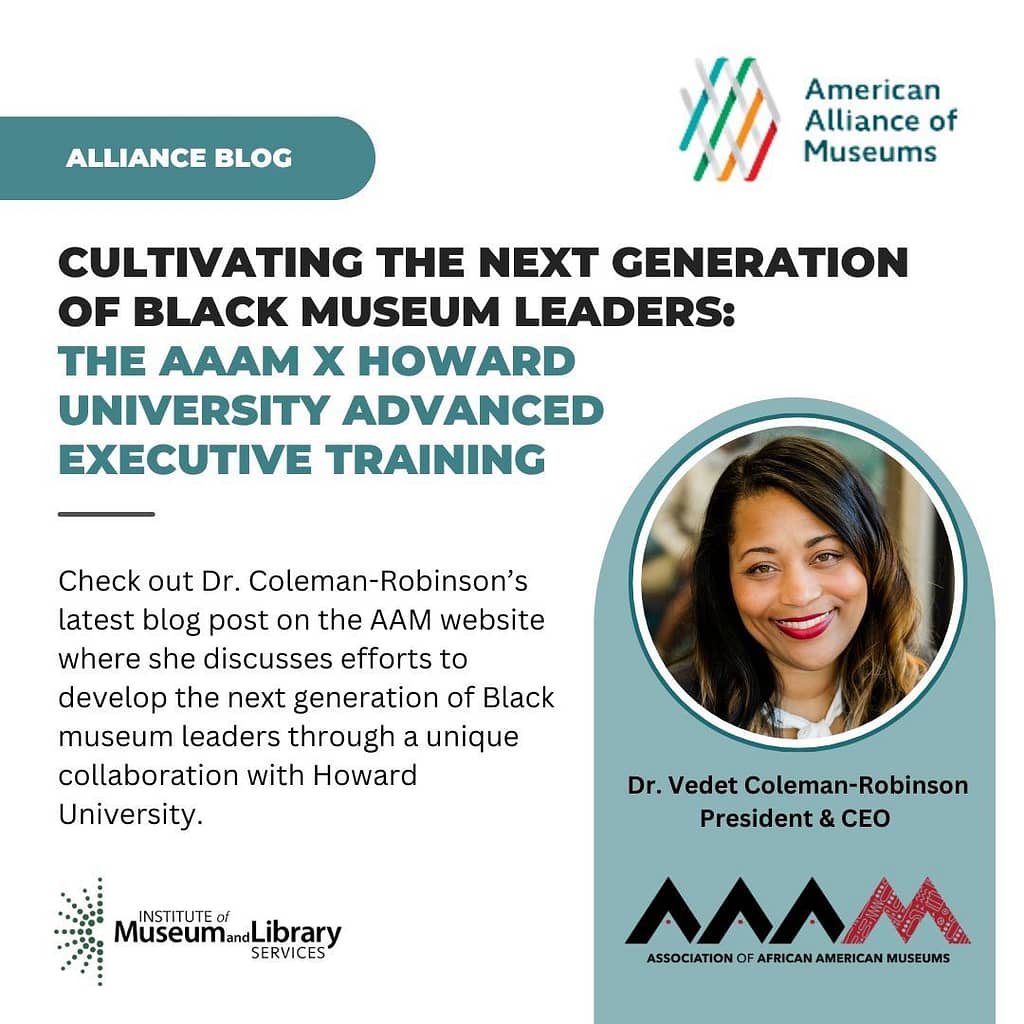
In 2010 Blacksonville co-hosted the International Gullah-Geechee-Seminole-Maroon Festival when the bus entered Florida. A group of 40 got on the tour bus for a full day itinerary to learn all about the Florida North Keys, from the community of Nassauville to St. Augustine’s Lincolnville. The tour earmarked the beginning of what has been a long struggle for black and indigenous rights for descendants of Gullah/Geechee people, their language, land, and rich heritage since the days of Fort Mose. Since then, the impact from that commemoration has evolved into a movement of black travel agents, black storytellers, historians and creators in the travel and cultural tourism space.
The black heritage tourism niche adds millions of dollars to the local and overall state economy and pulls in additional visitors into the Gullah Geechee Corridor every year. South Carolina alone, pays homage to annual a diverse tourists pool responsible for a whopping $2.4 billion in economic impact. The city represents over 7% share of the U.S. African-American travel market, ranking in the top ten among the 50 states. The potential is there, perhaps more so than anywhere else in the nation, because in the Southeast we sustained our spiritual, cultural, and entrepreneurial traditions which is lacking throughout the soul of America.
This potential has been stifled by the failure of local and state governments and regional visitor bureaus to collaborate, and strategize with African- American businesses, and nonprofits concerning this niche. Since Covid, although most tours have focused on “strict” guided explorations, the principal Black historical sites and Blue Zone attractions along traditional historical trails, railroad districts, and ball parks have negatively shifted the shape and identity of black tourism into a secret garden that cloaks black history in a single narrative limited to “enslavement”.
Creators, artists and chef’s are now hosting place-keeping, off-the-grid experiences along beaten path of Indian trails to share another side of freedom. More and more the tours are getting deeper and deeper into the backwoods of what has become known as the Gullah-Geechee people and cultural heritage corridor which stretches up the sea coast islands from Jacksonville, NC through South Carolina and Georgia down into the sand dunes of Jacksonville, Florida.
Jones and her team have been very intentional about with whom to align the brand and their mission. A key goal of Black Cultural Heritage Tours is to preserve the integrity of ownership by making sure that the Black entrepreneurs and communities participating in its tours get a fair and equal share of revenue, exposure and opportunity.
“We know that tour operators now see that heirtage tourism is the new green,” she said. “They’re looking for a Black face for the tours that they have created to tell our stories. And that’s not what we do. We are trying to create economic benefits that will go back into the Black businesses and Black communities through these itineraries.”
In the fall, the organization is spearheading a multi-day tour program will focus on telling a broader narrative of the Black American experience and cultural history in the U.S. that goes beyond the civil rights movement. The first, the six-day Charleston to Savannah: Exploring Gullah Geechee Culture, is set to depart Oct. 4; departures in 2022 and 2023 are available now via the travel agent portal on the Intrepid Travel website.
This approach helped Berna see how Intrepid could contribute to a solution and not be part of a larger problem.
“Not just putting a Black tour guide on this white experience — that’s what really got me on the line,” Berna said of one of the problems Jones identified to him.
“The tourism industry has a reputation of doing that, just slapping labels on things. We want this truly to be immersive and told from the locals’ perspective. So by finding Stephanie’s woman of color-owned business, that seemed like the perfect fit for us.”




